Kigali
Eighteen years after Rwanda’s bloodbath I disembarked from my flight and was surprised to see that mortar craters no longer pitted the airport tarmac. At a city café where I recall Hutu militias swigging lager next to a pile of severed hands, I saw a pretty blonde in a short dress, shades, red lipstick, reading a book. My sniper alleys were lined with streetlights where young Rwandans walked home from work; the dunes of stinking corpses had become business parks.
My contact hadn’t changed a bit. He still smokes like a soldier but his hair, like mine, is turning white prematurely. His kids came with him to collect me from the hotel. ‘Did your father tell you what he did in the war?’ They shook their heads. ‘He never talks about it.’ ‘He was my guardian angel,’ I say. My friend had escorted me in a column of fighters all the way from Uganda to Kigali across the hills, fighting all the way, wading through rivers clogged with bodies, through villages of putrefaction. We woke to the thump of mortars and observed massacres unfolding on opposite hillsides, the screams heard on gusts of wind.
I finally returned to Rwanda to do business, not to cover a war. ‘It’s time,’ my white-haired friend agreed. ‘Don’t we deserve to smell the roses?’ For decades I’ve worked as a hack and lived on the whiff of an oily rag. Along the way I’ve picked up diseases, an alcohol problem, debts — but I’ve also found myself in the trenches with interesting people. They fought to overturn dictatorships and to introduce a degree of democracy in Africa and became the leaders of their countries. I never thought about using my contacts. For far too long I wandered about getting hit by IEDs, shot at, infected with dysentery, forced to doorstep officials or listen to foreign NGO idiots in their twenties talking nonsense about Africa. No more. Forget it. It’s over. It’s time to join the gravy train. Whenever I call up an old rebel who became a friend during hard times — when nobody in the world was taking notice of them except a small circle of hacks — I am always surprised at how overjoyed they are to hear from me. The same goes for my friend in Kigali.
On my first night back in the city, I could not sleep. I thought about the killings all night. The city is full of avocado trees and in 1994 when we were hungry we subsisted on their fruits and I ate them wherever I stood. For years afterwards I couldn’t touch an avocado. I associated them with the smell of rotting flesh. But this time I made a point of ordering a prawn cocktail. For, as in my other travels across Africa these days, my memories do cruel injustice to the dramatic economic revolution that’s unfolding here.
In Mogadishu in January 1991 I saw millions of banknotes drifting down the streets like autumn leaves. Militias had blown off the Central Bank safe doors. Half a million dead people later, and the Somalis are establishing a stock exchange to mop up billions in diaspora money before the fighting’s even over. The Somalis once ran for their lives, now, like Mo Farah, they run for gold medals and they’re Africa’s most dynamic entrepreneurs. I feel so proud of them.
The signs that finally this is Africa’s time are everywhere. Dar es Salaam is the world’s second-fastest-growing city; 40 per cent of the world’s oil and gas exploration budget targets Eastern Africa; Angolans are the biggest buyers of real estate in their former colonial ruler Portugal; property prices rose more than 30 per cent in Kenya last year — faster than anywhere else. When I first visited South Sudan in 1990 as a correspondent the United Nations paid their African staff in bags of salt and bars of soap. Cash was unknown. Juba today is a gold-rush town: dangerous, awash with money, on the frontier. Fitch gives Rwanda a B rating and says it’s future outlook is stable despite a donor embargo of aid.
Britain and the west are not part of this story. The British, once the adventurers across Africa, are now fearful. They fear malaria, skin cancer, political risk and corruption. They’d prefer to stay at home — and leave the huge opportunities to others. These days I fly over Africa in Brazilian planes full of young black African entrepreneurs and I drive in Korean cars on roads made by China.
When I left university I became a journalist because there was precious little else to do: I could be a Safari operator, a pilot, join a family business if I had one — or apply to work for a disgusting aid agency. Even ten years ago I told my wife Claire our kids would have no future in Africa. Now
I cannot think that they could find a better place to spend their lives. I hope one day they’ll be doing business with my Rwandan friend’s kids in Kigali — and all our bad memories will be dead and forgotten for ever.
Got something to add? Join the discussion and comment below.
Get 10 issues for just $10
Subscribe to The Spectator Australia today for the next 10 magazine issues, plus full online access, for just $10.


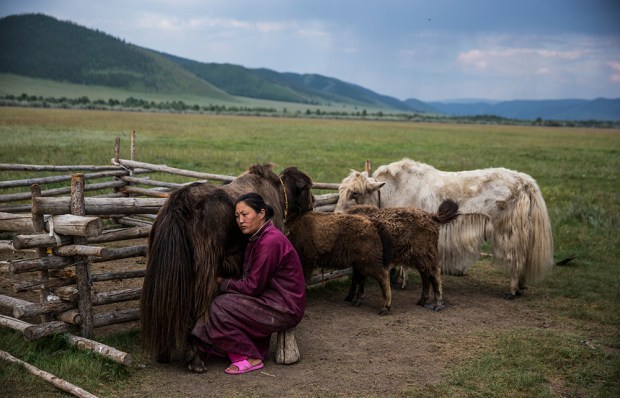
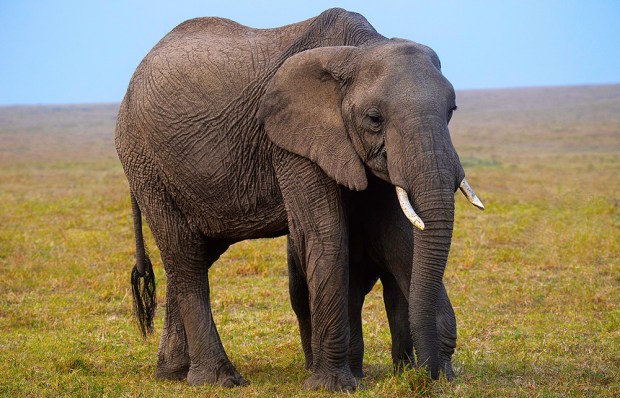
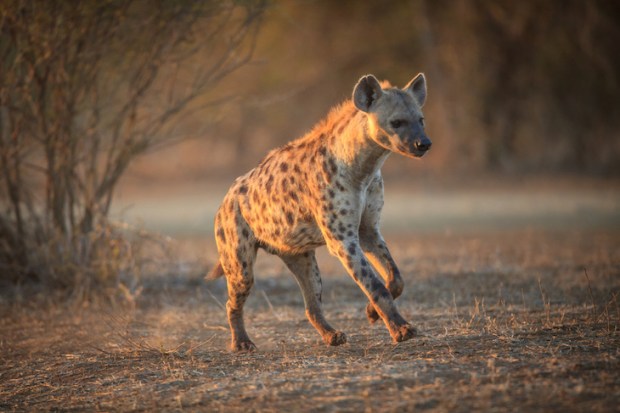
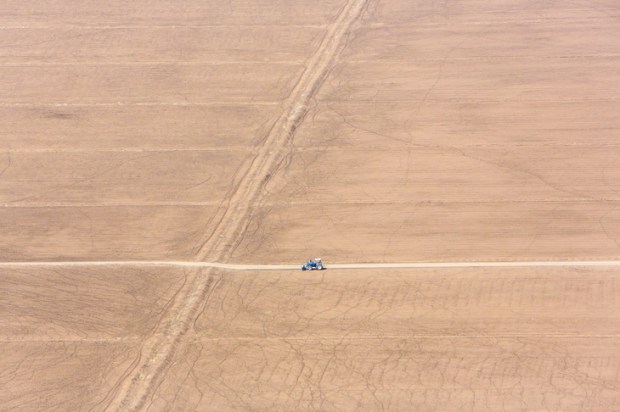

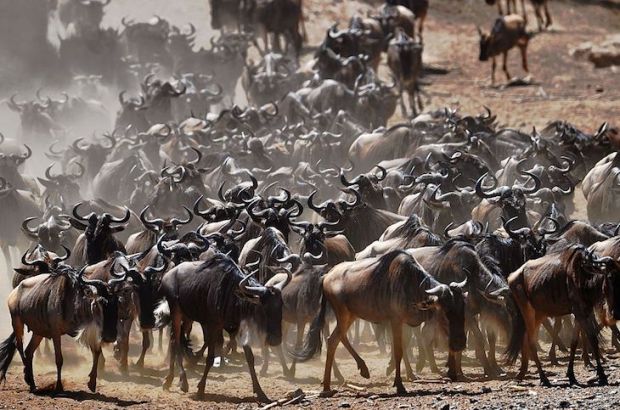






Comments
Don't miss out
Join the conversation with other Spectator Australia readers. Subscribe to leave a comment.
SUBSCRIBEAlready a subscriber? Log in